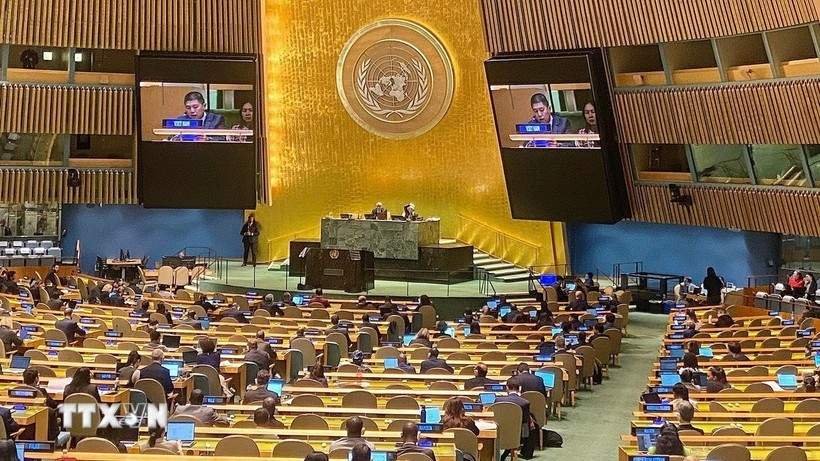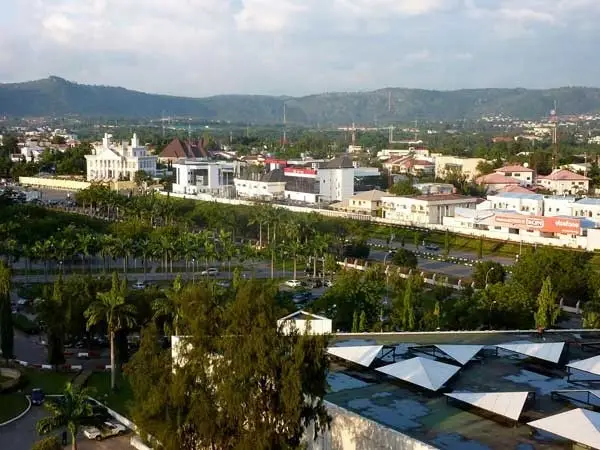Algiers — October 21, 2025: Algerian media outlets have lauded Vietnam’s growing diplomatic stature and leadership role in global cybersecurity governance ahead of the signing of the United Nations Convention against Cybercrime, widely known as the Hanoi Convention, set to take place in Hanoi on October 25–26.
The convention, described as the first global legal framework on cybersecurity, brings together nearly 100 nations in a collective effort to build a secure, humane digital ecosystem grounded in respect for national sovereignty and international cooperation.
According to Algeria’s Cresus daily, both Algeria and Vietnam played pivotal roles in shaping the treaty since negotiations began in 2022. The two countries jointly championed key United Nations principles — sovereignty, adherence to international law, and balanced cooperation — ensuring these values are embedded in the final text. The publication noted that this balanced approach serves as a safeguard against the political misuse of cybersecurity measures.
Algeria, which regards cybersecurity as a cornerstone of its digital sovereignty, was deeply involved in the Convention’s technical discussions, particularly in areas related to critical infrastructure protection and international judicial cooperation. These efforts, the report said, reflect Algeria’s growing contribution to the governance of Africa’s cyberspace.
For Vietnam, hosting the signing ceremony marks a diplomatic milestone that underscores its rising international influence and growing reputation as a trusted facilitator in digital diplomacy and cybersecurity policy.
Originally adopted by the UN General Assembly on December 24, 2024, the Hanoi Convention is the first multilateral anti-cybercrime treaty since the 2000 Palermo Convention. Comprising nine chapters and 71 articles, it establishes a comprehensive framework to criminalize cyberattacks, electronic fraud, malware distribution, and online child exploitation. It also enhances data-sharing, extradition, and judicial cooperation among member states.
The treaty, hailed by Ghada Waly, Executive Director of the UN Office on Drugs and Crime (UNODC), as a “historic milestone toward global cooperation,” embodies a human-centric vision for the digital future, prioritizing human rights, privacy, and mutual trust.
Cresus highlighted that the choice of Hanoi as the signing venue carries symbolic importance — representing Vietnam’s emergence as a new global dialogue hub, where nations can converge to foster digital trust and collective resilience against cyber threats.
The publication concluded that the Hanoi Convention demonstrates the spirit of solidarity between Algeria and Vietnam, setting an example of cooperation in building a safe, equitable, and sustainable digital world.















